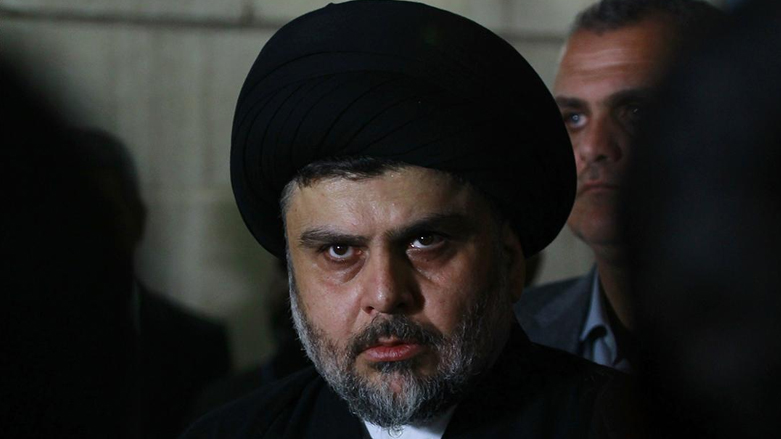The Shiite cleric al-Sadr has recently announced that he will boycott the parliamentary elections.
He announced that he would not take part in the vote and he withdrew his support from the country's current government. This could mean that the next House of Representatives will be on a similarly weak leadership as the current one. The turnout in the last election in 2018 was just 44.5 percent. That was the lowest result since ex-dictator Saddam Hussein was overthrown in 2003. The turnout was lowest in the south of the country. Above all, many Shiites live here, who feel forgotten by the largely Sunni elites in the country.
This split could deepen with the boycott announcement by the Shiite cleric. The 48-year-old justified his move with ongoing corruption and mismanagement by the government. Recently, a devastating fire broke out in a southern Iraqi hospital. More than 90 people were killed and around a hundred were injured, some of them, seriously. In April, a fire in another hospital killed around 80 people. Both accidents are attributed to inadequate security measures - a consequence and an expression of mismanagement and corruption. Prime Minister Mustafa al-Kadhimi announced early elections after mass protests in the spring. Efforts to stabilize the country are now likely to have been thrown back.
Al-Sadr is followed by millions of people in Iraq. He is also in control of a substantial group of political parties in the Iraqi parliament. However, this woul be not the first boycott of the Shiite cleric. He does this practically every time he wants to distance himself from other politicians and the political system. He tries to put pressure on political actors in Iraq and to lend weight to his demands.
Popular through the fight against US troops, Al-Sadr is a symbol of resistance for many people in Iraq: he founded and led the now banned „Mahdi Army”. The group became known for leading the armed fighting between US troops and Shiites in 2003. The group was active as a paramilitary militia.
However, a parliamentary election without al-Sadr's participation or support could further weaken parliament's legitimacy and strengthen the centrifugal forces in the country. Not only are there different political actors fighting for power in Iraq – but, many of them are entangled in one way or another with regional powers. Iran, Turkey and Saudi Arabia are vying for more influence in the torn country and therefore support different groups or individuals. This is another reason why the tone between the political and religious currents in Iraq has intensified.
Muqtada al-Sadr threatens to boycott October Iraq elections

